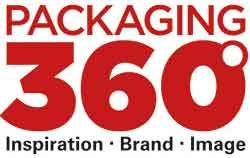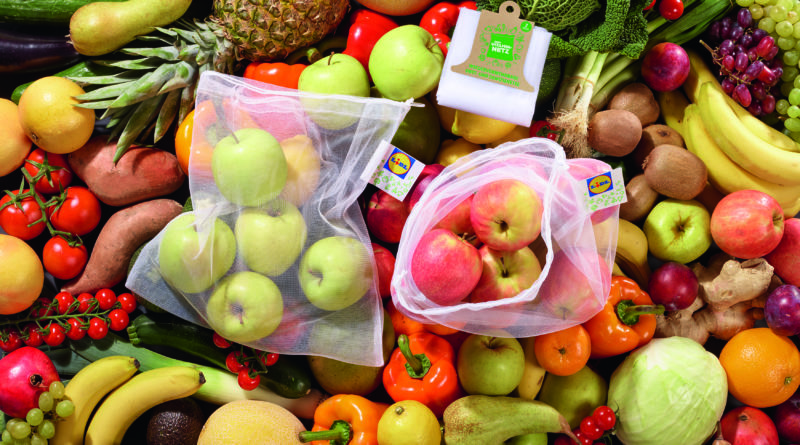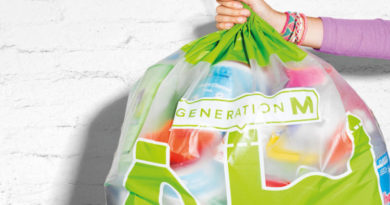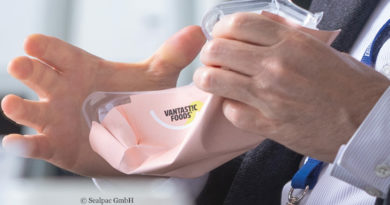Plastics strategy in trade
The conscious use of resources is a particular concern of the Schwarz Gruppe, as it affects many areas of the company directly and indirectly. The company from Neckarsulm, which also includes Lidl and Kaufland, was the first trading group in Germany to force itself to drastically reduce the proportion of plastic both in production and in its branches and at the same time to promote the circular economy. The plastic strategy REset Plastic was launched in 2018.
With REset Plastic, the Schwarz Group has developed a holistic, international strategy that is divided into five fields of action: prevention, design, recycling, disposal, innovation and education. This makes the vision of “less plastic – closed cycles” a reality.
While the GreenCycle division is responsible for materials management within the Schwarz Group, the PreZero sales brand offers the disposal, sorting and processing of materials for external partners. The recyclables cycle for PET beverage bottles is managed by the recycling and bottling plants of Mitteldeutsche Erfrischungsgetränke (MEG). Purchasing from Lidl and Kaufland defines all product requirements in the own-brand range – including the prerequisites for ever more sustainable packaging.
With the help of state-of-the-art technologies, today’s waste becomes tomorrow’s raw material – plastic becomes plastic again, cycles are closed, the raw material is reset. Hence the name: REset Plastic. This holistic approach requires consistent and interdisciplinary cooperation from research through production to implementation, and from collection to recycling. Accordingly, all divisions of the Schwarz Group are involved in the REset Plastic project – be it Schwarz Produktion’s own production facilities, the Kaufland and Lidl trading divisions or the disposal and recycling professionals from GreenCycle and PreZero. The strategy on which this teamwork is based is divided into the following five so-called fields of action:
Reduce Plastic: The Schwarz Group has set itself the goal of questioning and meaningfully reducing the use of plastics in all areas of the company. To this end, the use of alternative materials is being examined and plastic is being saved in internal processes wherever possible. Suppliers are also actively encouraged to reduce their use of plastics. Optimizing stretch film: In order to reduce plastic consumption for transport and storage by the retail divisions worldwide, a narrower stretch film for wrapping incoming and outgoing goods was introduced as early as 2015. With an international demand volume at Lidl of around 3.1 million rolls per year, the effects of this seemingly small change are enormous. This measure saves around 524 tons of plastic per year. In addition, the stretch film is 100 percent recyclable. At Lidl in Germany, a cord is used instead of stretch film for picking fruit and vegetables. This saves approximately 85 percent of film consumption in fruit and vegetable picking each year and reduces plastic requirements by approximately 428 tons.
The thinner bread bags at Lidl can be cited as a further example of the reduction in plastic in the Schwarz Group. This measure minimizes annual plastic requirements by an additional 394 metric tons. The total savings in new plastic through stretch film, cord and bread bags is equivalent to more than 1,300 metric tons annually.
Redesign Plastic: Wherever possible, the Schwarz Group applies the strict recycling requirements of the German market to all its packaging throughout Europe by 2025. To this end, it is systematically revising its design specifications in order to optimise plastic reduction, recyclability and the use of recyclate in its own brands and thus conserve resources.
The redesign of the nut packaging: The revised packaging volume of the Alesto nut bag, including a reduction in film thickness, reduces the use of plastic by 20 percent per package. This reduces the annual plastic requirement at Lidl in Germany by around 150 tonnes. In addition, a mono-PP composite replaces the previous metallizations and immensely improves the recyclability of the redesigned packaging.
Replacement of textile packaging: The change from polybags to recyclable FSC cartons, which began in October 2018, affects all textile packaging from Kaufland – including clothing, accessories and home textiles. This minimizes plastic requirements by 100 percent and saves around 60 tons of plastic per year. In addition, Lidl and Kaufland’s shelves contain many other examples of sustainable packaging redesign. These include the Solevita juice bottles, the thermoformed tray, the washing-up liquid bottle and the onion and potato nets.
Recycle Plastic: The Schwarz Group develops functioning collection, sorting and recycling systems in all the countries in which it operates. To this end, it investigates, optimises and expands the possibilities for taking back and feeding plastics on site in order to keep existing plastics in the recycling cycle.
Every bottle that passes through a deposit machine of the Schwarz Group in Germany is then sent for recycling. Anyone throwing a PET water or PET lemonade bottle into one of the deposit machines supports the Group’s unique recycling system. This is because these bottles are used to produce new beverage bottles. Lidl’s own bottles for mineral water and soft drinks are made from an average of at least 50 percent PET recycling material. In some cases, the products even consist of up to 100 percent recycled plastic. Recycling and further developments have saved over 420,000 tonnes of PET material to date. The group is thus a leader in the use of recycled material in new PET disposable beverage bottles.
Remove Plastic: The Schwarz Group is always looking for cooperation opportunities with initiatives and organisations that have set themselves the task of freeing the environment from plastic waste.
Research Plastic: The Schwarz Group maintains close links with research institutions and industry associations worldwide and is still interested in partnerships along the entire value chain. The focus of its research interest is on alternative materials, more efficient recycling processes and new approaches to avoiding plastic waste. Last but not least, the company’s own processes and products are regularly put to the test. An innovation management system for the timely application of the knowledge gained is currently being set up.




